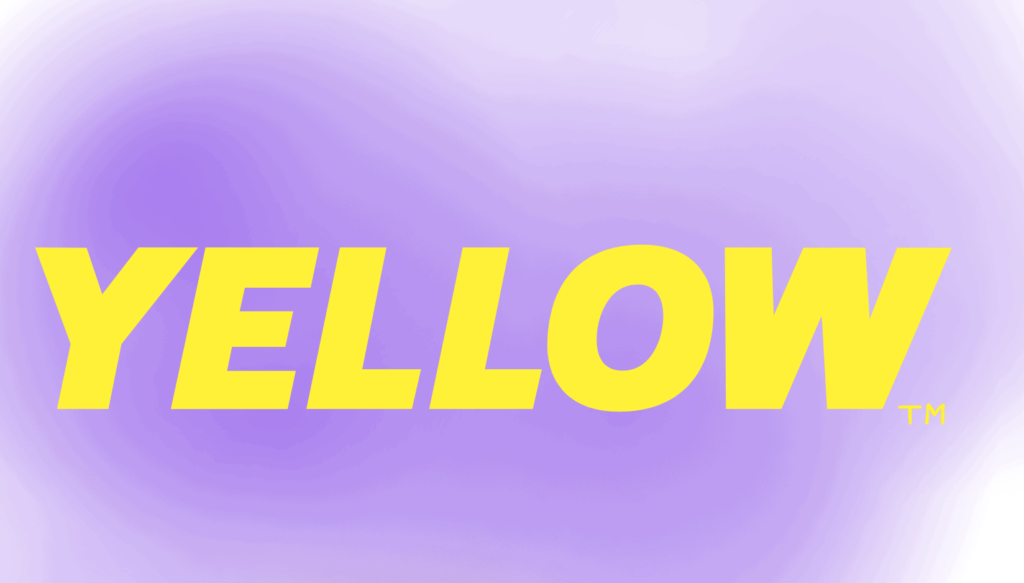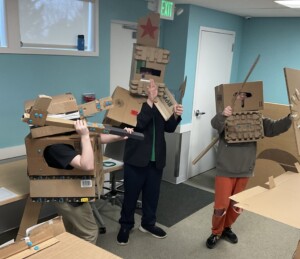Pharrell Launches Whole Child Nonprofit to Even the Odds

Last month Pharrell Williams launched nonprofit YELLOW to “Even the odds through education.” Five whole child priorities focus the early work of the nonprofit:
- Abolish remedial: “Remedial” is an oppressive concept that penalizes individuality and difference, so we work to change the lens through which schools and systems look at children, and the way children look at themselves and their futures.
- Revolutionize teaching: We are rethinking what schools look like, the role of teachers, where learning happens, and the variety of digital and analogue experiences that all work together to educate children.
- Inspire entrepreneurship: We prepare children to be innovators and change-makers, and help them bring their ideas to life. Working with industry leaders and promoting skills aligned to the future, YELLOW creates entrepreneurial pathways for all youth.
- Nourish youth: Social, emotional and physical well-being represent the most critical building blocks for learning. This includes what we eat, how we breath, who we love — and our ecosystem approach will serve the comprehensive well-being of children and families.
- Enlist communities: The community is an ecosystem of interconnected people, services, institutions, and values that can work together to lift up children and each other.
Advisors and team members have been writing on YELLOW beginning with Tom’s essay on replacing a ‘remedial’ mindset with support for individual growth.
####
It’s time to meet kids where they are. And from that starting place, we can help them figure out who they are and where they want to go. By really knowing them, and helping them know themselves, together we can construct an educational experience that supports them in setting meaningful goals for life and work — goals that matter to them and their communities.
In traditional educational systems, we ask kids to meet us where we are. We ask them to fit into an outdated construct that says all children should know certain things by a certain age. Grouping kids by age and marching them through content, advancing with each birthday regardless of what they’re learning, is an artifact of administrative convenience that’s prioritizing systems over understanding and has little to do with how children develop.
The (mostly) well-intentioned fix to support stragglers in this lockstep approach was “remedial education” — drill-based approaches to get kids “back on track.” Sadly, for those who can’t keep up, education is stripped of all the experiences that make it engaging, meaningful, and fun.
The drumbeat of pacing in America is set by year-end standardized tests of grade-level proficiency that fixates school leaders and teachers on what’s easy to measure (like hand calculations in math) instead of what’s important to measure (like creativity, healthy mindsets, and deeper learning). So then uniform pacing and narrow assessments go hand in hand to shift focus from individual students and their unique needs as learners to that of a mythical “average student.”
Students who don’t master content at the prescribed pace receive a label — remedial — and this label is tough to shake with potentially disastrous ramifications on self-concept. But in reality, learners who are slower than that mythical average student are indicating that the pace and content of their education was never designed for them in the first place. Whose fault is that?
Learners deserve the time and support necessary to master foundational knowledge. And as we take into account the supports they need, we can recognize them as whole people who deserve to be engaged in interesting and important work. As educators, we need to connect to students’ interests, passions, and motivations, to understand where they are coming from and where they aspire to go. We need to tailor education to their pace, with mastery of knowledge as the goal.
Life and interests don’t always match a curriculum pacing guide. An illness could spur interest in how viruses spread. Current events could trigger curiosity in voting rights. Finding ways to connect learning with interests and events is another part of meeting learners where they are and uncovering those hooks that scaffold them on their educational journey.
Better Data for Better Learning Journeys
Meeting learners where they are starts with assessment, but it’s not with those big artificial, uninformative, inequitable year-end standardized tests. It starts with a broad set of observations, formal and informal, embedded in authentic learning experiences, with the primary goal of benefiting the learner.
Young people deserve better data—real-time feedback that measures what matters for their academic, social, and emotional development. With data so easily accessible today, we are equipped better than ever to serve the unique needs of young people.
Imagine asset-based, growth-oriented data that helps learners understand how they learn and motivates their persistence, data that helps teachers build dynamic performance groups to help kids build skills without learning gaps, data that helps teams pursue projects around common interests, and data that helps learners find meaningful connections to their possible careers.
When YELLOW says they are working to “abolish remedial,” it’s because they believe it’s an oppressive concept that deflates children’s potential. YELLOW is working to create the tools and practices that will change the lens through which adults look at children, and children look at themselves and their futures. Drawing upon meaningful data, YELLOW’s approach is to help educators create dynamic “learner profiles” for each child that will allow them to co-construct an educational journey that nurtures curiosity, builds on strengths, and facilitates a love of learning.
By building data-driven, meaningful, and future-forward assessment tools in this way, YELLOW is helping to advance the art of teaching as a system, by placing learners not “below” or “above” grade level, but at the center of their education.
For more, see:
- Processes and Principles for Public Schools Navigating Uncertainty and Adapting to Change
- Smart Review: Texthelp Launches WriQ for Writing
- The Power of Engaging Families
Stay in-the-know with innovations in learning by signing up for the weekly Smart Update.






0 Comments
Leave a Comment
Your email address will not be published. All fields are required.